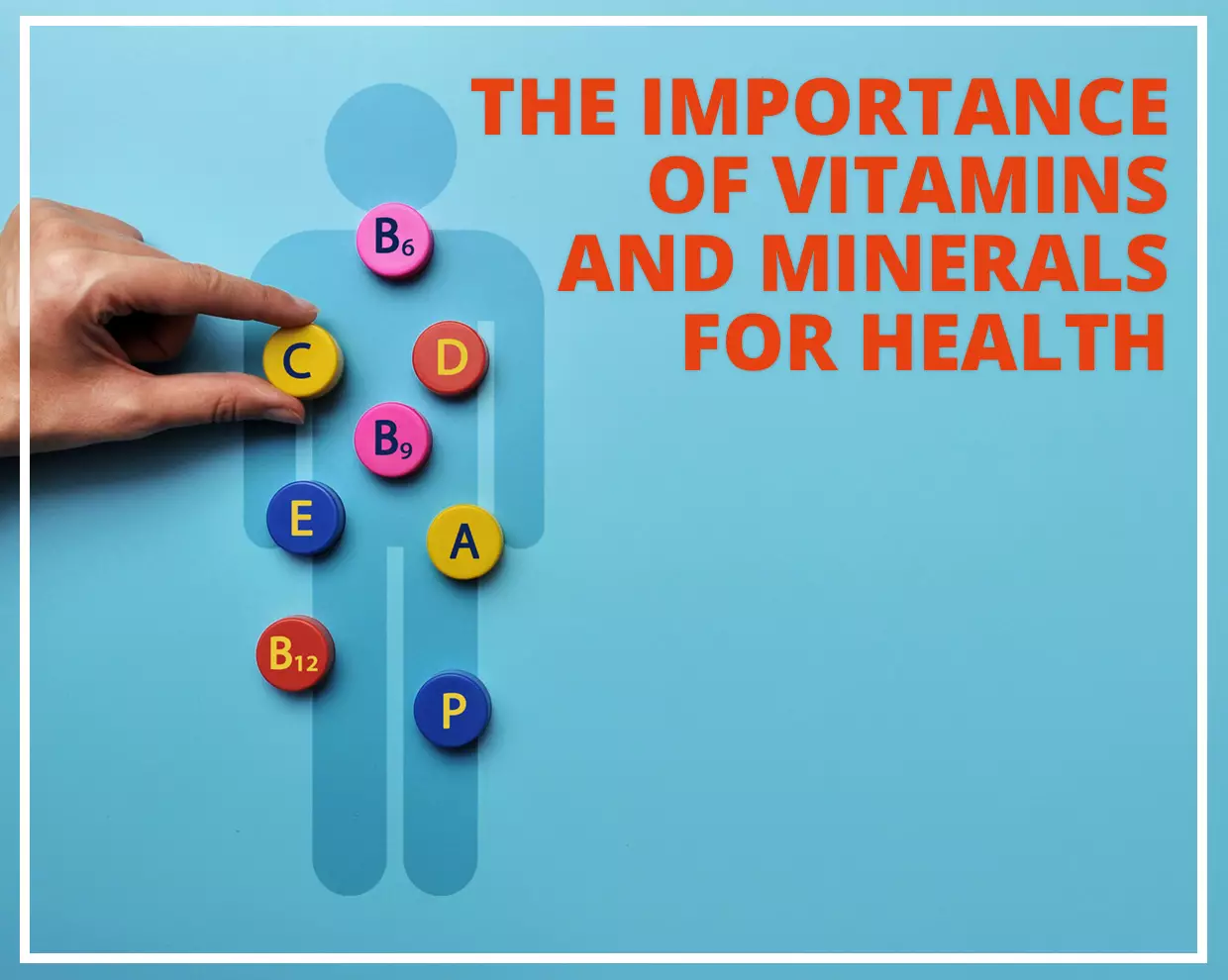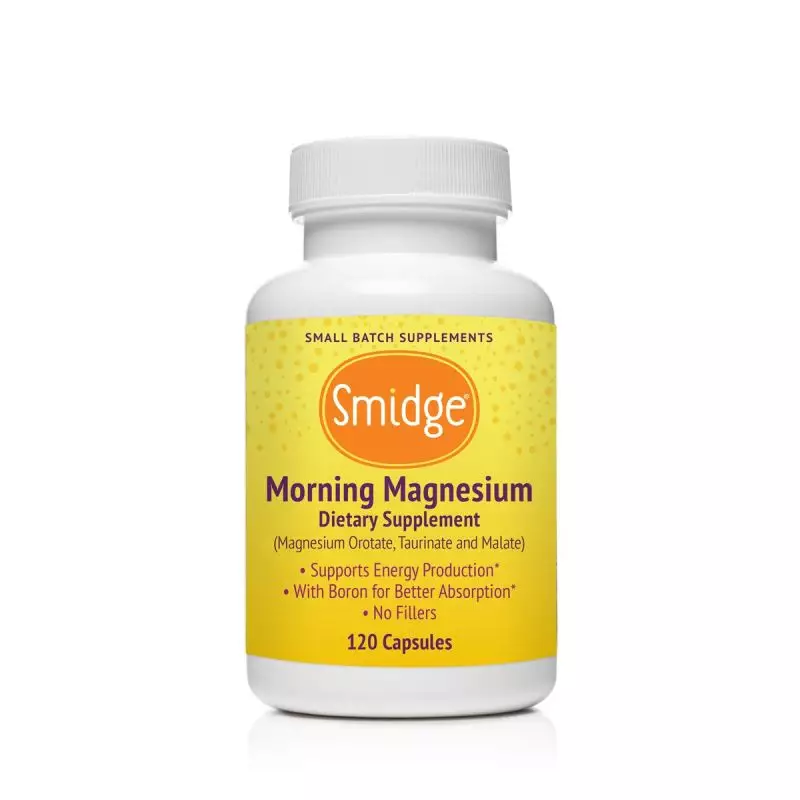In our quest for better health and vitality, we often find ourselves inundated with a plethora of information about diets, supplements, and well-being strategies. However, amidst this sea of advice, one fundamental truth remains: our bodies require essential vitamins and minerals for normal functioning. [1] These micronutrients play a key role in maintaining our overall health, supporting processes from immune system function to energy production. In this blog post, we'll explore the importance of these essential nutrients and their contribution to daily health.
Vitamins and Minerals: The Building Blocks of Health
Vitamins and minerals, often referred to as micronutrients, are needed by the body in relatively small amounts compared to macronutrients like carbohydrates, proteins, and fats. They are crucial for various physiological processes, serving as cofactors and regulators within the body.
Let's explore some key vitamins and minerals and their roles:
• Vitamin A: Important for normal vision, skin health, and the immune system. It also contributes to cell growth and differentiation. [2]
• Vitamin C: Contributes to normal immune system function and acts as an antioxidant, helping protect cells from oxidative stress. [3]
• Vitamin D: Supports normal bone health by contributing to calcium absorption. It also contributes to normal immune function and mood regulation. [4]
• Calcium: Known for its role in maintaining normal bone and teeth health, calcium also contributes to normal muscle function and blood clotting. [5]
• Iron: Supports normal oxygen transport in the body and contributes to the reduction of tiredness and fatigue. [6]
• Magnesium: Involved in numerous processes including normal energy-yielding metabolism, muscle function, and electrolyte balance. [7]
• Zinc: Contributes to normal immune system function, DNA synthesis, and skin health. [8]
While the body can produce some vitamins and obtain others from sunlight, many essential nutrients must be obtained through diet. A balanced diet rich in fruits, vegetables, whole grains, lean proteins, and dairy products can provide most of the essential nutrients our bodies need. [9]
However, modern lifestyles and dietary habits can sometimes lead to less-than-optimal nutrient intake. In such cases, consideration of dietary supplements may be useful to help fulfil nutritional gaps, always ensuring they are used responsibly and as part of a varied and balanced diet.
Embracing a Healthy Lifestyle
Maintaining a balanced diet is one aspect of a healthy lifestyle. Regular physical activity, adequate sleep, stress management, and avoiding harmful habits contribute to overall wellness. [10]
Furthermore, individual nutritional needs can vary based on factors such as age, gender, activity level, and health conditions. Consulting with a healthcare professional can provide personalised guidance and recommendations.
Understanding the vital role of vitamins and minerals in our daily health is the first step towards taking control of our well-being. These essential nutrients, integral for normal body functions, underscore the importance of a balanced diet enriched with nutrient-dense foods. However, recognising that modern lifestyles may present challenges to achieving adequate nutrient intake through diet alone, considering high-quality dietary supplements becomes pertinent.
For those looking to fill nutritional gaps and support their health journey with premium vitamins and minerals, exploring a reputable source is crucial. We invite you to visit our collection of vitamins and minerals, where you can find a curated selection designed to support your health and vitality. Embrace the step towards a balanced, nutrient-rich lifestyle today and empower your health for tomorrow.
Discover the right supplements for your unique health needs and make an informed choice to nurture your body. Your journey towards balanced health and vitality is just a click away.
References
1 Vitamins and Minerals
2 Vitamin A and Carotenoids
3 Vitamin C and Immune Function
4 Vitamin D and the Immune System
5 Overview of Calcium
6 Vitamins and Minerals for Energy, Fatigue and Cognition: A Narrative Review of the Biochemical and Clinical Evidence
7 Magnesium: Biochemistry, Nutrition, Detection, and Social Impact of Diseases Linked to Its Deficiency
8 Zinc
9 Health benefits of eating well
10 Examining Physical Wellness as the Fundamental Element for Achieving Holistic Well-Being in Older Persons: Review of Literature and Practical Application in Daily Life

 UK Store
UK Store  NZ Store
NZ Store AU Store
AU Store EU Store
EU Store





















